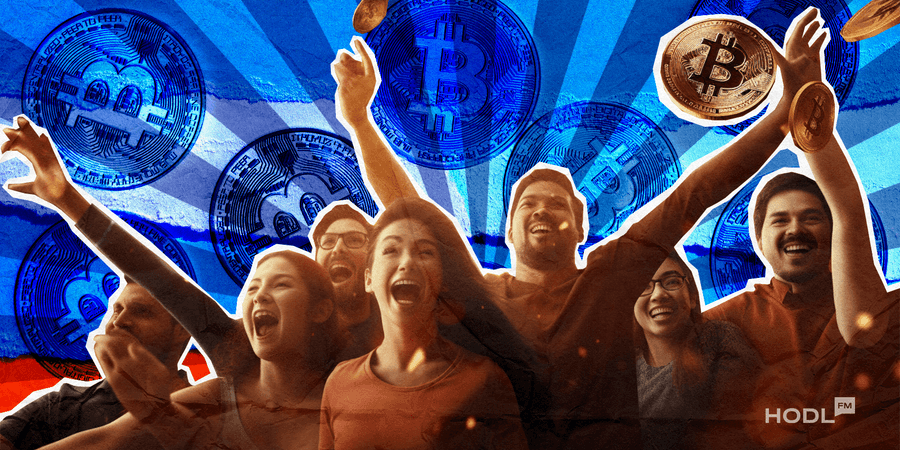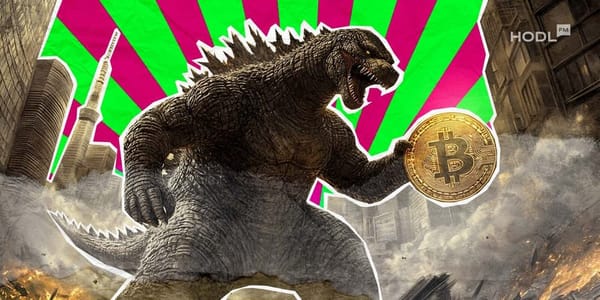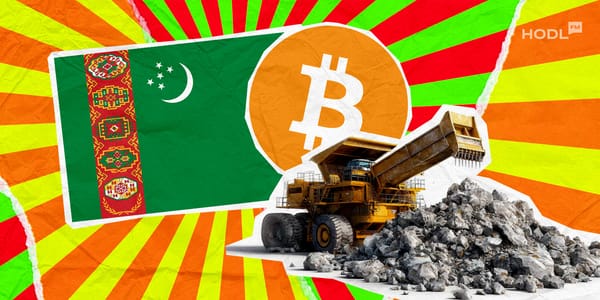When you think about Bitcoin, you probably imagine tech enthusiasts, crypto traders, and complex charts. But what if an entire country embraced it as part of their economy? That’s what happened when El Salvador made Bitcoin a legal tender in September 2021.
El Savadot is a Central American nation known for its beautiful beaches and vibrant culture. It has also gained popularity for becoming the first place where one could pay for coffee or even taxes using Bitcoin.
The move, led by President Nayib Bukele, captured global attention. Britcoin adoption turned El Salvador into a real-world testing ground for integrating cryptocurrency into an economy. But how is this experiment working out?
Let’s find out:
Financial Inclusion
Before Bitcoin came into play, about 70% of El Salvador’s population didn’t have access to traditional banking. For many Salvadorans, the idea of having a bank account was out of reach. This lack of access meant no loans, no savings accounts, and no easy way to send or receive money.
The hope was that Bitcoin could change this reality. By adopting a digital currency, the government aimed to bypass traditional banking. With the government’s Chivo Wallet, Salvadorans could access digital payments with just a smartphone, potentially reshaping the country’s financial landscape.
Tim Draper predicting that El Salvador 🇸🇻 could pay off the IMF and never have to talk to them again if #Bitcoin breaks $100k 👀
— Crypto Rand (@crypto_rand) October 27, 2024
Meanwhile the US is adding about $3,6B to its national debt each day! 😲 pic.twitter.com/iHEF4MWCEC
But a good idea on paper doesn't always translate smoothly into reality. Many Salvadorans were puzzled by the switch and skeptical about using a new digital currency. The promise of financial inclusion didn’t instantly outweigh the comfort of sticking with cash.
Bitcoin and Remittances
Remittances are a huge part of El Salvador’s economy, as they account for about 20% of its GDP. Many Salvadorans working abroad send money back home, but the process often involves high fees, which can sometimes be as high as 10%. This cuts into what families actually receive.
El Salvador has officially recognized #bitcoin as its legal tender. Bitcoin is now directly a part of the country's economy. This is a huge step forward in crypto!
— Sumit Gupta (CoinDCX) (@smtgpt) September 7, 2021
Bitcoin was supposed to fix this by offering cheaper and quicker transactions. Instead of paying for money transfers through services like Western Union, people could use the Chivo Wallet to send Bitcoin straight to their families. This way, more money would end up in the hands of those who needed it.
Yet, the reality has been more complicated. While large businesses like McDonald’s and Starbucks adapted quickly to accepting Bitcoin, many smaller vendors and local businesses have been struggling. For instance, a street vendor selling tamales may find that switching to Bitcoin is more of a hassle than a help. Cash is easy, Bitcoin is not.
The Chivo Wallet
To make Bitcoin accessible, the government launched the Chivo Wallet, a digital app that allows users to store and convert Bitcoin to U.S. dollars. It was meant to be user-friendly, helping even those unfamiliar with digital currencies adapt to Bitcoin.
However, the rollout wasn’t smooth. Many users encountered technical glitches, lost funds, and confusion about how to use the app. For a population that had little experience with digital currencies, trusting money to a new digital wallet was a tough sell. As a result, many Salvadorans stuck with the cash they knew rather than dive into a world of crypto wallets.
Despite the rough start, some people did find the Chivo Wallet useful, particularly for receiving remittances. Still, the dream of making Bitcoin a widespread everyday currency hasn’t fully materialized.
What Do Salvadorans Think?
While President Bukele has gone all-in on Bitcoin, most Salvadorans are more hesitant. Surveys indicate that most citizens aren’t using Bitcoin for their daily purchases.
BITCOIN ADOPTION FALTERS IN EL SALVADOR, 92% AVOID USING IT – SURVEY
— BSCN (@BSCNews) October 16, 2024
- A recent survey by Francisco Gavidia University in San Salvador reveals that Bitcoin adoption for transactions remains low, despite its legal tender status since 2021.
Key Findings Include:
1. Only 7.5% of… https://t.co/fz8G08OOYl pic.twitter.com/phfpjzw10r
A study by the University Francisco Gavidia revealed that about 92% of Salvadorans rarely use Bitcoin, with only 7.5% having tried using it for transactions.
And when asked about Bitcoin’s role in the country’s future, only 1.3% of respondents thought it should be a priority. Clearly, Bukele’s Bitcoin vision hasn’t won over the majority of Salvadorans, who seem more focused on everyday concerns than on digital currency.
Yet, despite mixed feelings about Bitcoin, Bukele remains popular overall. His efforts to tackle gang violence and improve security have earned him widespread support. For many Salvadorans, stability and safety matter more than experimenting with new forms of money.
BULLISH: El Salvador started buying 1 #Bitcoin per day in 2022 when it was at $16K.
— Crypto 30s (@crypto30s) October 28, 2024
Bitcoin is now at $67K, and they're holding 5915 $BTC. pic.twitter.com/0lV7elGJW4
Global Reactions
While Bitcoin enthusiasts celebrated El Salvador’s bold decision, others were more cautious. The International Monetary Fund (IMF) raised red flags, warning El Salvador about the risks of using such a volatile currency as legal tender. They urged the country to adopt stricter regulations and reconsider their reliance on Bitcoin.
But President Bukele hasn’t backed down. The government has pushed ahead by enacting new laws to regulate Bitcoin use. It has envisioned what is known as a“Bitcoin City”, which is a futuristic, crypto-powered development near a volcano. Its vision of a modern, tech-driven economy is exciting to some, but is also a source of anxiety to others.
To crypto advocates, El Salvador’s stance represents a defiant stand against the established financial system, and is a bold move toward the future. To skeptics, it’s a high-stakes gamble that could leave the country vulnerable if Bitcoin’s value plummets.
Weighing the Pros and Cons
There are definite potential benefits and drawbacks to El Salvador’s Bitcoin adoption. It could help bring financial services to those who previously had none, allowing people to store and send money digitally without a bank. Plus, the country could attract crypto enthusiasts and digital nomads curious about the world’s first “Bitcoin country.”
But these benefits come with significant risks. Bitcoin’s price swings wildly, meaning that what’s worth $100 today could be worth much less tomorrow. For a country holding Bitcoin in its reserves, a sudden drop in value could be a serious problem.
Even when it comes to remittances, there’s the challenge of converting Bitcoin into cash, which most local businesses still prefer. And there’s the trust issue. Many Salvadorans find it hard to feel secure with a currency they can’t see or touch, preferring to stick with good old-fashioned cash.
The Verdict
Two years in, El Salvador’s Bitcoin journey is still unfolding. It’s too soon to declare it a win or a loss. For some, it’s an exciting experiment with potential for change, while others view it as a risky venture. But it has certainly put El Salvador on the map and drawn attention from crypto enthusiasts and skeptics alike.
Whether Bitcoin will revolutionize El Salvador’s economy or turn out to be a miscalculated risk remains to be seen.

Disclaimer: All materials on this site are for informational purposes only. None of the material should be interpreted as investment advice. Please note that despite the nature of much of the material created and hosted on this website, HODL FM is not a financial reference resource and the opinions of authors and other contributors are their own and should not be taken as financial advice. If you require advice of this sort, HODL FM strongly recommends contacting a qualified industry professional.




